Is any day in history as fraught with horrible events as January 30? From Hitler's rise to power to the assassination of Gandhi, these are some of the absolute worst.
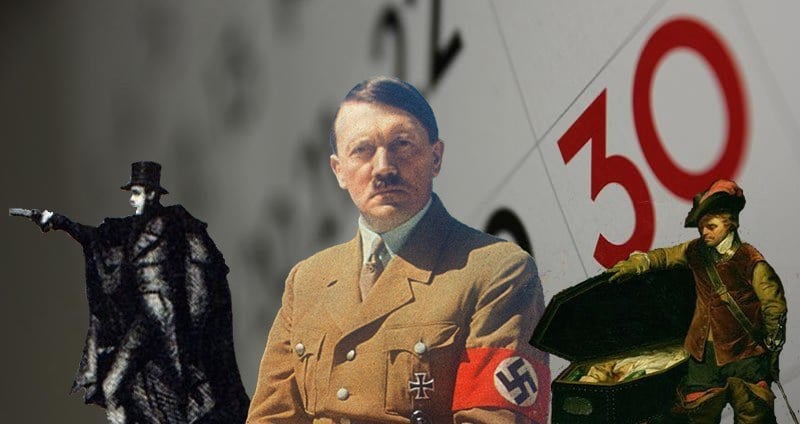
History is complicated and unpredictable. When patterns do emerge, it’s usually because the same pressures are in play from one century to the next. Sometimes, though, weird stuff just seems to cluster around a single date.
On the surface, January 30 doesn’t seem to be anything special—it’s no February 29, after all—but that date has attracted unpleasant news as if it was permanently under a cloud.
No obvious explanation occurs to us for the cluster of misfortune that this day represents, but this January 30, maybe call out sick and binge-watch Netflix or something. Here are some of the worst things to have befallen this day in history.
January 30, 1607: Massive Wave Kills 2,000 People in Britain
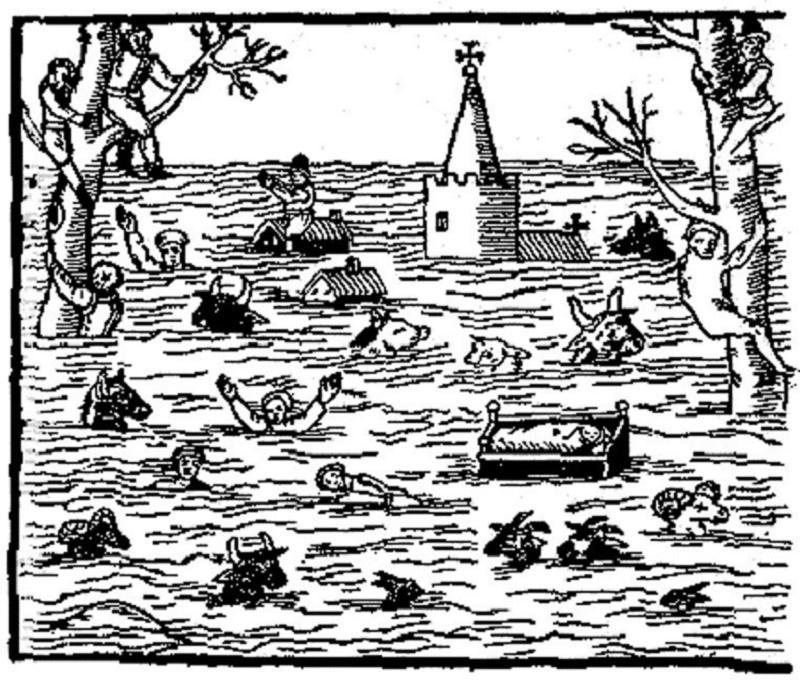
A depiction of the Bristol flood. Image Source: Wikipedia
On the morning of January 30, 1607, residents of Wales and western England were jolted by a slight tremor, rare in the British Isles. After the short shake, people mostly got back to work and put the event out of their minds.
The quake hadn’t caused any damage, after all, and later accounts barely mentioned it. A short time after the tremor, however, a freak wave crashed up the Bristol Channel, swept over 200 square miles of Britain out to sea, and killed an estimated 2,000 people. The wave was likely a tsunami caused by vertical displacement of the sea floor, though the wind and tides on that day could have conspired to drive a storm surge as far inland as Glastonbury Tor.
January 30, 1649 and 1661: Public Beheadings Drag Out Political Upheaval In England
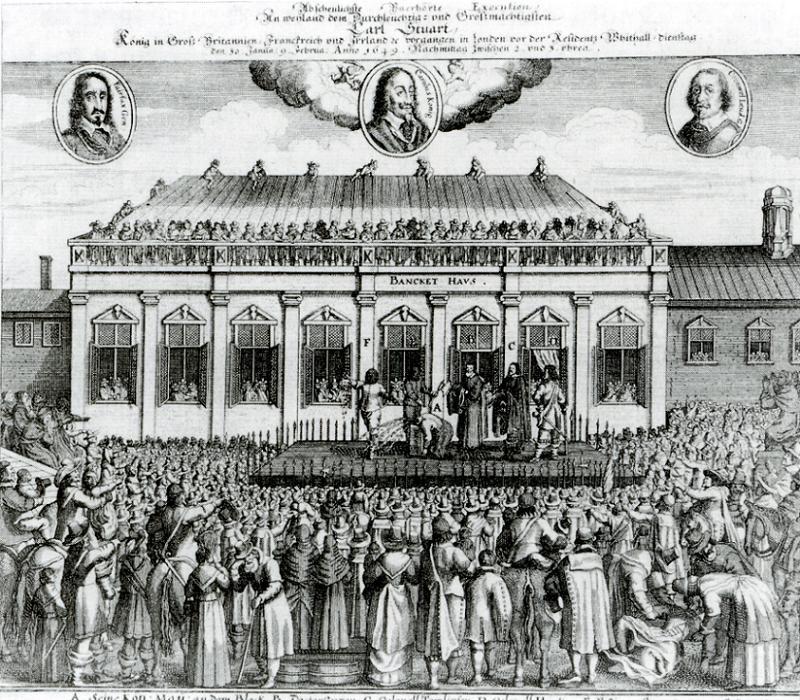
A depiction of King Charles’ beheading. Image Source: Wikipedia
England had another rough morning on January 30, 1649. Fresh off of a disastrous and bloody civil war, Parliament settled the issue of who really ran the country with the public beheading of King Charles I.
The beheading itself was not necessarily a bad thing: a delusional tyrant who believed he could override Parliament thanks to the “divine right of kings,” Charles’ execution eventually led to a huge reduction in the power of the monarchy in favor of representational government.
Sadly, one tyrant was replaced with another, and Lord High Protector Oliver Cromwell (who had signed Charles’ death warrant) was soon revealed to be a genocidal maniac, whose anti-Catholic campaigns against Ireland saw up to a fifth of the Irish population wiped out. Cromwell died of natural causes in 1658, but was so hated that on January 30, 1661, his body was exhumed, hung in chains, and beheaded.
January 30, 1835: Andrew Jackson Nearly Assassinated
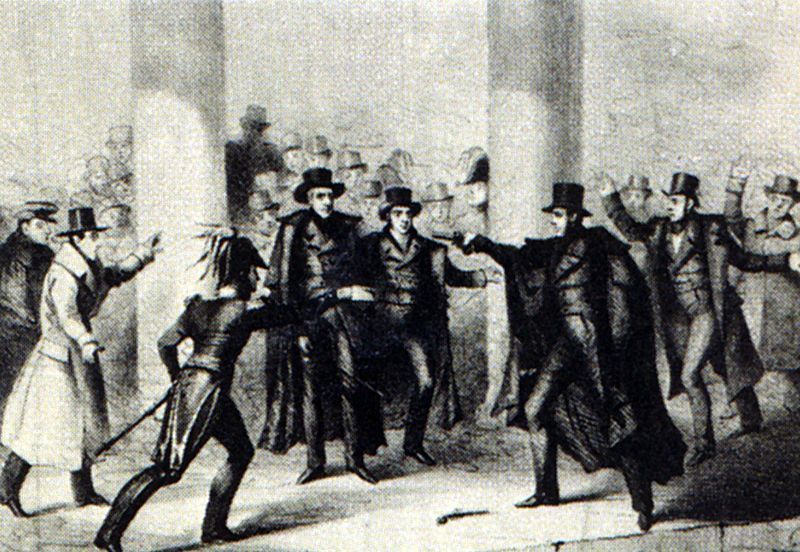
A depiction of Andrew Jackson’s attempted assassination. Image Source: Wikipedia
Crossing the ocean, January 30 has gathered its share of bad luck in America, as well. On that day in 1835, the first of many attempts to assassinate the president was made when a lone gunman named Richard Lawrence tried to take two shots at President Andrew Jackson’s back.
The inquest later found that Lawrence’s pistols misfired because of humidity, and that Lawrence was certifiable. For several months prior to the attack, Lawrence had become convinced he was really King Richard III, and that the US government owed him a lot of money.
In a classic example of schizophrenic logic, Lawrence decided that Vice President Van Buren would probably pay him what he was owed, so naturally he should shoot Jackson. What happened after the attempt sounds like lame America fanfic: Andrew Jackson and Davy Crockett beat up the attacker, who was eventually carried off to jail and prosecuted by (no kidding) Francis Scott Key.
In another textbook schizophrenic move, Lawrence chose to defend himself and declared that the court had no authority to prosecute him. He spent the rest of his life in various mental hospitals.
January 30: A Terrible Day For 20th Century Ireland
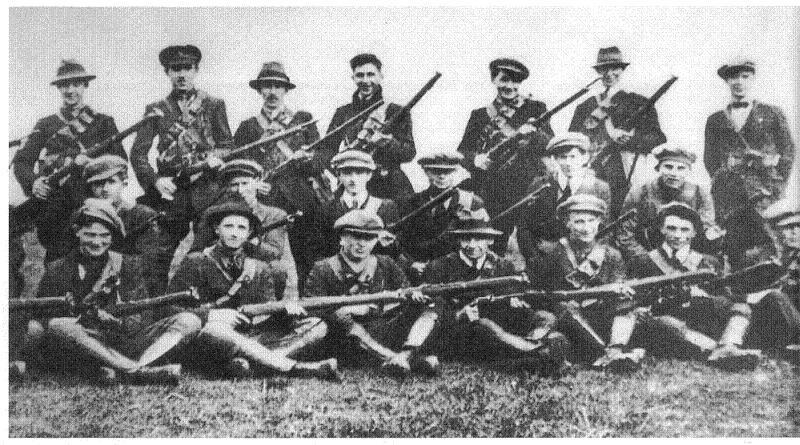
Members of the Flying Column. Image Source: Wikipedia
January 30 has always been a bad day for Ireland. That was the day, in 1913, when the British House of Lords rejected the Home Rule Act, which was a good-faith attempt to defuse a growing political crisis in the downtrodden country. Commons had passed the bill, which would have devolved some authority over domestic affairs to Ireland, and the public was generally in favor, but their Lordships decided Johnny Irish would be free over their dead bodies and killed the measure.
The Act was eventually passed, only to be postponed due to World War I.
By 1916, Ireland had had enough; the endless delays drove a force of rebels to seize Dublin in 1916 and kickstart a war that lasted until 1921. Fifty-nine years after the Act was vetoed, on January 30, 1972, 14 protestors were murdered by British soldiers in the fourth “Bloody Sunday” in Ireland’s history.
January 30 in Germany: Hitler Becomes Chancellor, A Stalingrad Surrender, And The Worst Naval Disaster In History
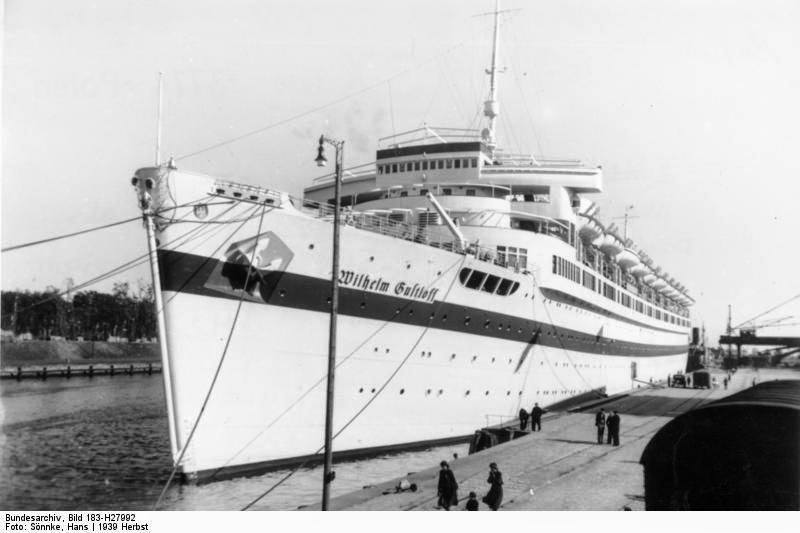
The Wilhelm Gustloff before being torpedoed. Image Source: Wikipedia
Germany has had an eventful series of January 30ths, all of them terrible. January 30, 1933, was the day Adolf Hitler was sworn in as chancellor. Six years later, during a January 30 address to the Reichstag, he threatened “annihilation of the Jewish race.” He never quite managed it, partly because of the events on the Eastern Front where, on January 30, 1943, Field Marshall Paulus surrendered the Sixth Army at Stalingrad.
That same day, British bombers staged their first daylight raid on Berlin. Two years later, on January 30, 1945, the MV Wilhelm Gustloff, a hospital ship carrying German civilians fleeing the Red Army’s advance, was torpedoed in the Baltic Sea. As many as 9,400 people died in the incident, which remains the bloodiest naval disaster in history.
January 30 1948, 1958, 1956 and 2006: The World Loses Its Good Guys
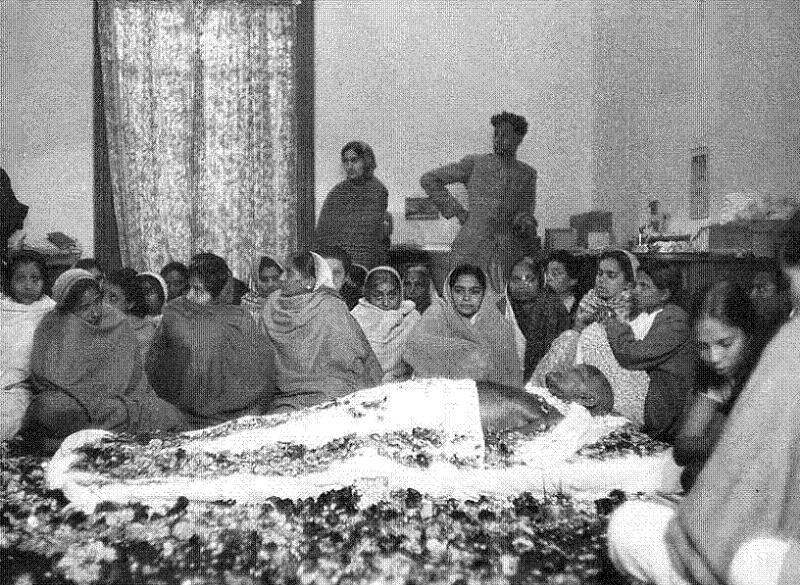
Gandhi’s body after being assassinated. Image Source: Wikipedia
If January 30 is bad for Nazis, it’s nasty for history’s good guys, too.
Gandhi was assassinated by Hindu extremist Nathuram Godse on January 30, 1948, just a few hours before Orville Wright quietly died at home (fellow aviation pioneer Ernst Heinkel died 10 years later – on January 30, 1958). Martin Luther King’s home was bombed in retaliation for the bus boycott on January 30 in 1956, while King’s widow, Coretta Scott King, died on the 50th anniversary of the bombing in 2006.





